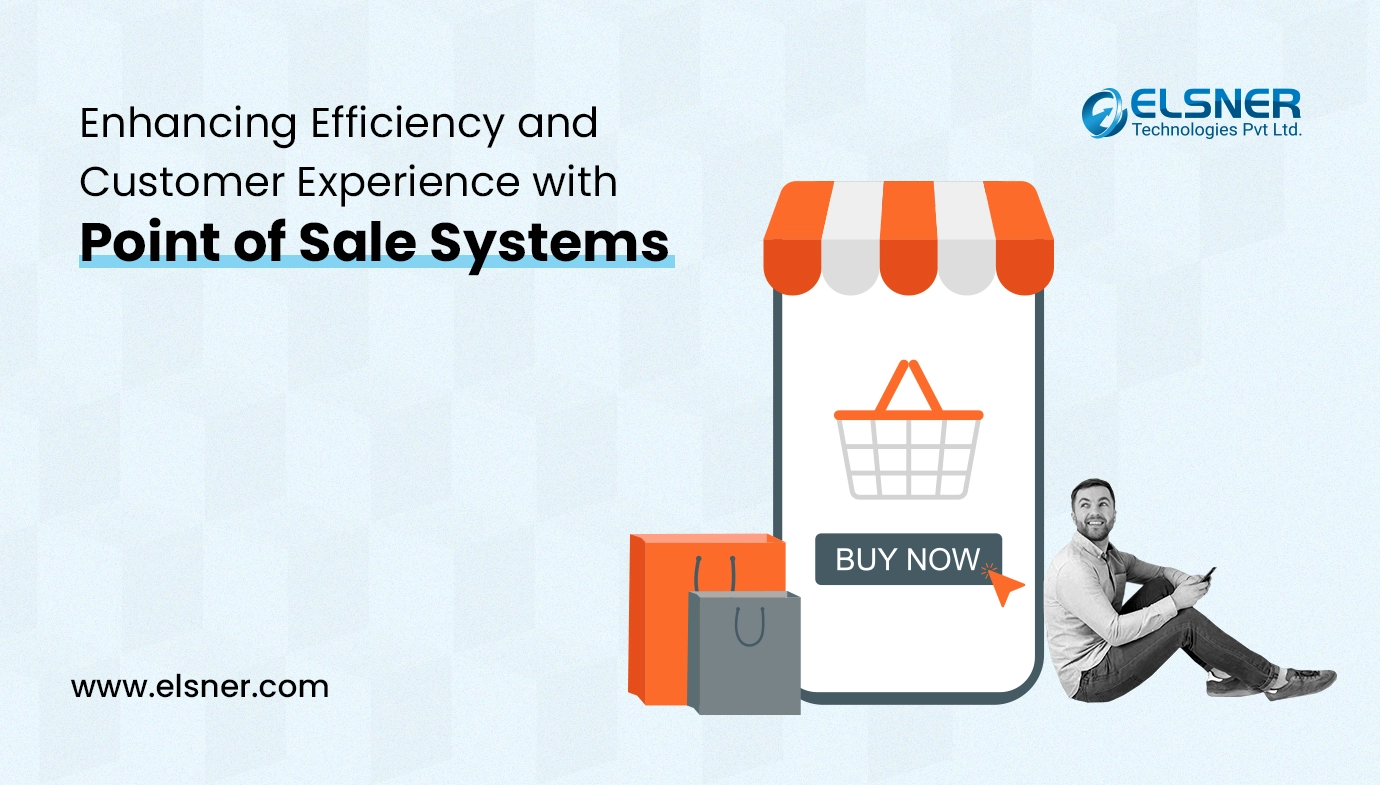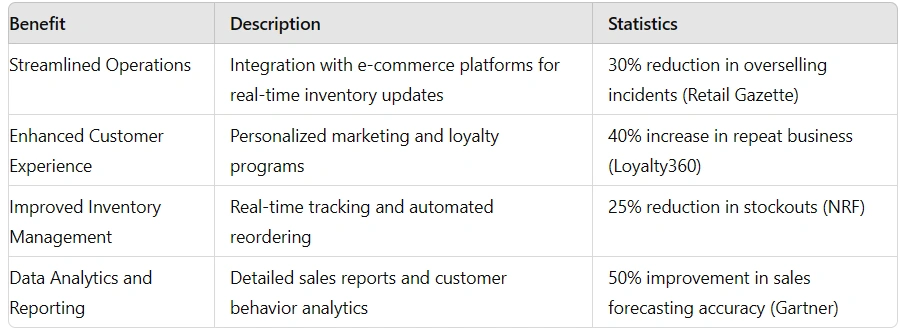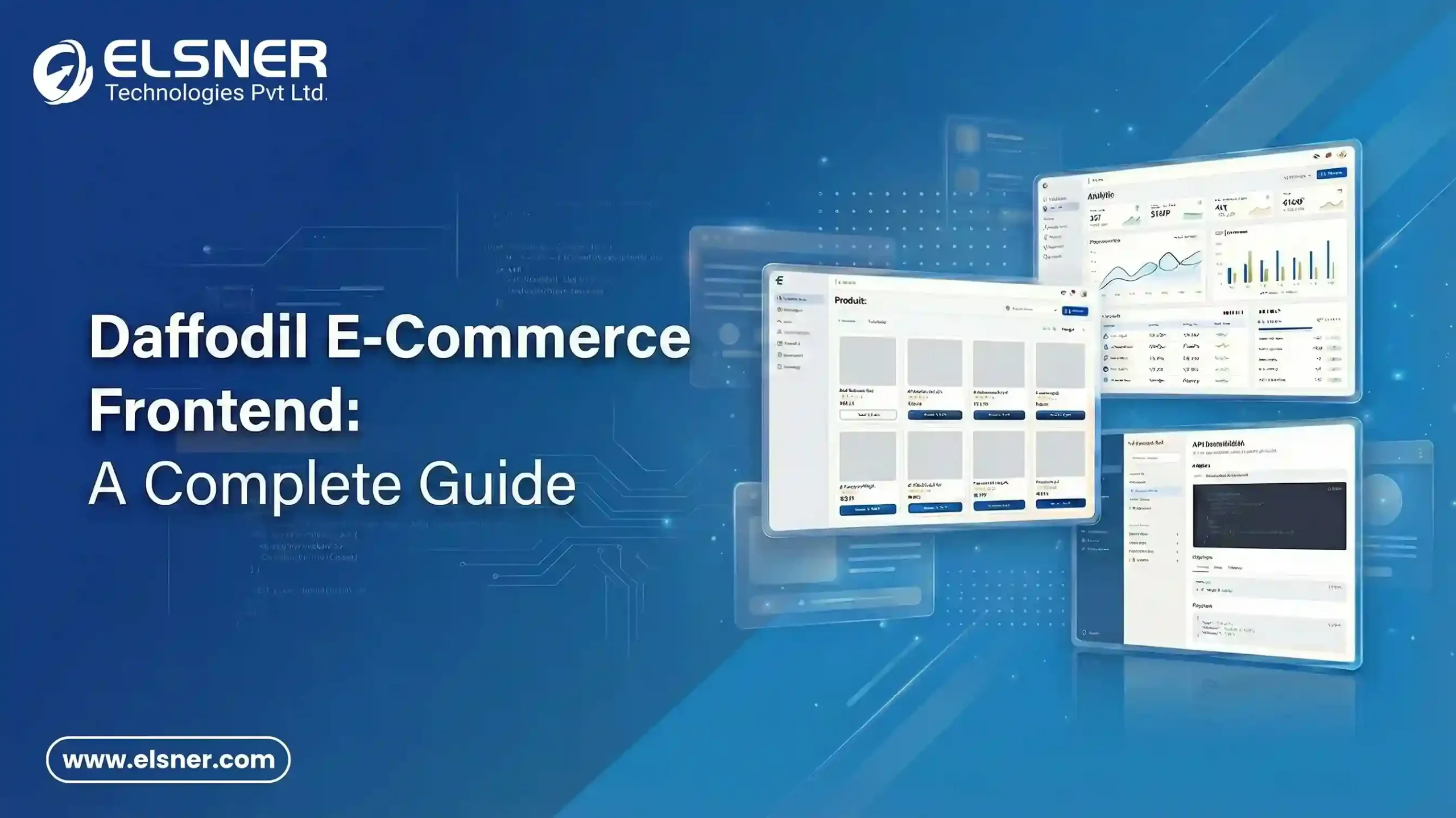- What is a POS System?
- Key Components of a POS System
- The Importance of POS Systems in Ecommerce
- Streamlined Operations
- Enhanced Customer Experience
- Improved Inventory Management
- Data Analytics and Reporting
- The Impact of POS Systems on Ecommerce
- Benefits of POS Systems
- Company: XYZ Fashion (instance)
- Results
- XYZ Fashion’s POS Implementation Results
- Future Trends in POS Systems
- AI and Machine Learning
- Mobile POS
- Integration with Emerging Technologies
- Omnichannel Capabilities
- In-Depth Analysis of Key POS Features
- Inventory Management
- Inventory Management Features and Benefits
- Customer Relationship Management (CRM)
- Sales Analytics
- Sales Analytics Features and Benefits
- Conclusion
In the ever-evolving landscape of Ecommerce, businesses must continually adapt to new technologies and consumer expectations. One of the most crucial elements for online retailers is a robust and efficient Point of Sale (POS) system.
A POS system is no longer just a cash register; it is a comprehensive tool that manages sales, inventory, customer relationships, and data analytics. This blog will delve into the intricacies of POS systems, showcasing their importance, functionality, and the transformative impact they have on Ecommerce businesses.
What is a POS System?
A Point of Sale (POS) system is a combination of hardware and software that allows businesses to complete sales transactions, manage inventory, and gather customer data. In Ecommerce, POS systems integrate with online stores to streamline operations, track sales, and enhance the customer experience.
Key Components of a POS System
- Hardware: Includes devices like cash registers, barcode scanners, receipt printers, and card readers.
- Software: Manages sales, inventory, customer data, and analytics.
- Cloud Integration: Ensures real-time data synchronization across multiple platforms and devices.
The Importance of POS Systems in Ecommerce
Streamlined Operations
A modern POS system integrates with Ecommerce platforms, allowing for seamless management of both online and offline sales. This integration ensures that inventory is updated in real time, reducing the risk of overselling and improving customer satisfaction.
Enhanced Customer Experience
POS systems can store customer information and purchase history, enabling personalized marketing and loyalty programs. This personalization can significantly enhance the customer experience, leading to increased repeat business and higher customer lifetime value.
Improved Inventory Management
Effective inventory management is crucial for Ecommerce businesses. A POS system provides real-time inventory tracking, alerts for low stock levels, and automated reordering, ensuring that popular items are always available for customers.
Data Analytics and Reporting
POS systems offer detailed sales reports and analytics, helping businesses understand customer behavior, sales trends, and product performance. This data is invaluable for making informed business decisions and optimizing marketing strategies.
The Impact of POS Systems on Ecommerce
To illustrate the impact of POS systems, let’s look at some compelling statistics:
Inventory Management: According to a study by the National Retail Federation, 43% of retailers experienced a significant reduction in stockouts and overstock situations after implementing a POS system.
Sales Growth: A report by Grand View Research indicates that businesses using advanced POS systems saw a 20% increase in sales, thanks to improved operational efficiency and enhanced customer experience.
Customer Satisfaction: Research by Retail Dive found that 85% of customers are more likely to return to a store that offers a seamless checkout experience, which is often facilitated by an efficient POS system.
Benefits of POS Systems
Choosing the Right POS System
Selecting the right POS system for your Ecommerce business is crucial. Here are some factors to consider:
Compatibility

Scalability

Features

Cost

Support and Training

Case Study: Successful POS Implementation
Let’s take a look at a real-world example of how a POS system transformed an Ecommerce business.
Company: XYZ Fashion (instance)
Challenge:
XYZ Fashion, an online retailer specializing in trendy apparel, faced challenges with inventory management and order fulfillment. Overselling was a frequent issue, leading to customer dissatisfaction and negative reviews.
Solution: XYZ Fashion implemented a cloud-based POS system integrated with their Ecommerce platform. The system provided real-time inventory updates, automated reordering, and detailed sales analytics.
Results
- Stockouts reduced by 35%: Real-time inventory tracking ensured popular items were always in stock.
- Sales increased by 25%: Improved customer experience and operational efficiency led to higher sales.
- Customer satisfaction improved: Personalized marketing and loyalty programs resulted in a 20% increase in repeat customers.
XYZ Fashion’s POS Implementation Results

Future Trends in POS Systems
The future of POS systems in Ecommerce looks promising, with several trends set to shape the industry:
AI and Machine Learning
AI-powered POS systems can provide advanced analytics, personalized recommendations, and predictive inventory management, further enhancing the efficiency and effectiveness of Ecommerce operations.
Mobile POS
The rise of mobile POS systems allows businesses to conduct transactions anywhere, offering greater flexibility and convenience for both retailers and customers.
Integration with Emerging Technologies
POS systems are increasingly integrating with emerging technologies like augmented reality (AR) and virtual reality (VR), providing immersive shopping experiences and innovative ways to engage customers.
Omnichannel Capabilities
Future POS systems will offer enhanced omnichannel capabilities, ensuring seamless integration across online and offline sales channels. This will provide a unified shopping experience for customers, regardless of how they choose to shop.
In-Depth Analysis of Key POS Features
Inventory Management
Effective inventory management is a cornerstone of successful Ecommerce operations. A modern POS system provides several features to optimize inventory control:
- Real-Time Tracking: Tracks inventory levels in real-time across multiple sales channels.
- Automated Reordering: Automatically places orders for low-stock items to prevent stockouts.
- Product Variants: Manages different variants of the same product, such as size and color.
Inventory Management Features and Benefits
Customer Relationship Management (CRM)
A POS system’s CRM capabilities are essential for building and maintaining strong customer relationships. Key features include:
- Customer Profiles: Stores detailed customer information and purchase history.
- Loyalty Programs: Creates and manages customer loyalty programs.
- Personalized Marketing: Sends targeted promotions based on customer behavior.
Sales Analytics
POS systems offer robust analytics tools that provide insights into sales performance and customer behavior. These insights help businesses make data-driven decisions:
- Sales Reports: Generates detailed reports on sales data.
- Customer Insights: Analyzes customer behavior and purchasing patterns.
- Product Performance: Tracks the performance of individual products and categories.
Sales Analytics Features and Benefits
Conclusion
In conclusion, a robust POS system is essential for the success of Ecommerce businesses. From streamlining operations and enhancing customer experience to improving inventory management and providing valuable data insights, the benefits are manifold. As technology continues to evolve, the capabilities of POS systems will only expand, offering even more opportunities for Ecommerce businesses to thrive. By choosing the right POS system and leveraging its features, businesses can stay ahead of the competition and deliver exceptional value to their customers.

About Author
Dipak Patil - Delivery Head & Partner Manager
Dipak is known for his ability to seamlessly manage and deliver top-notch projects. With a strong emphasis on quality and customer satisfaction, he has built a reputation for fostering strong client relationships. His leadership and dedication have been instrumental in guiding teams towards success, ensuring timely and effective delivery of services.







